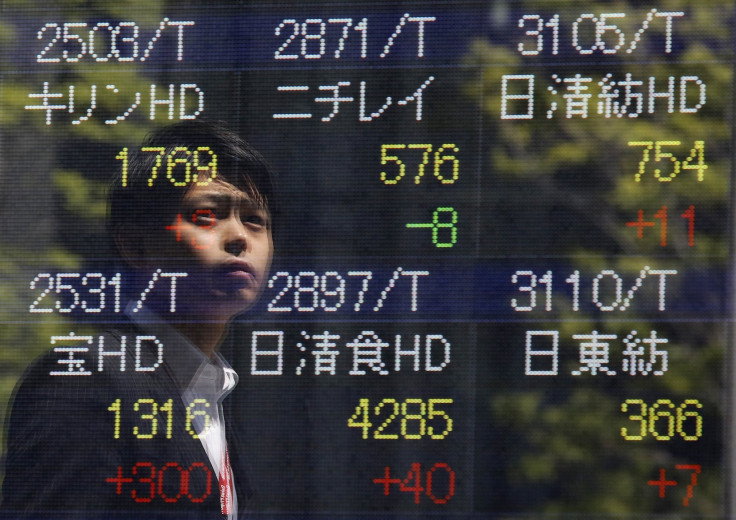Is Abenomics working? Japan Hits Balance Of Trade Milestone As Yen Weakens, Helping Exports

Japan’s monetary easing policy resulted in some good news from the country’s central bank on Friday: Bank lending was up 2.1 percent in April, the largest gain since July 2009.
The news suggests that the country’s aggressive monetary easing policy under recently elected Prime Minister Shinzo Abe, known as Abenomics, appears to be having some positive effect on the economy, which has been wracked by an export-battering strong currency, a high savings rate and years of deflation.
The Bank of Japan said the country’s trade surplus of $12.4 billion in March, the largest in a year, is believed to reflect a weaker yen, which makes Japanese exports less expensive. The currency touched 101.43 to the U.S. dollar on Friday, its weakest level since the 2008-09 global recession began.
Akio Toyoda, the president of Japanese automaker Toyota Motor Corp. (TYO:7203), on Wednesday credited Abenomics with helping the national auto industry like “a wind that's blowing to push us forward,” according to the Associated Press.
Next week, Japan will release its latest gross domestic product figures, and analysts polled by Dow Jones Newswires said they expect annualized GDP growth to be 2.8 percent in the first quarter.
© Copyright IBTimes 2024. All rights reserved.






















